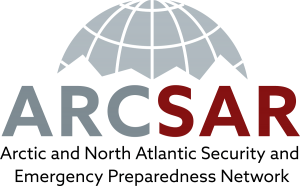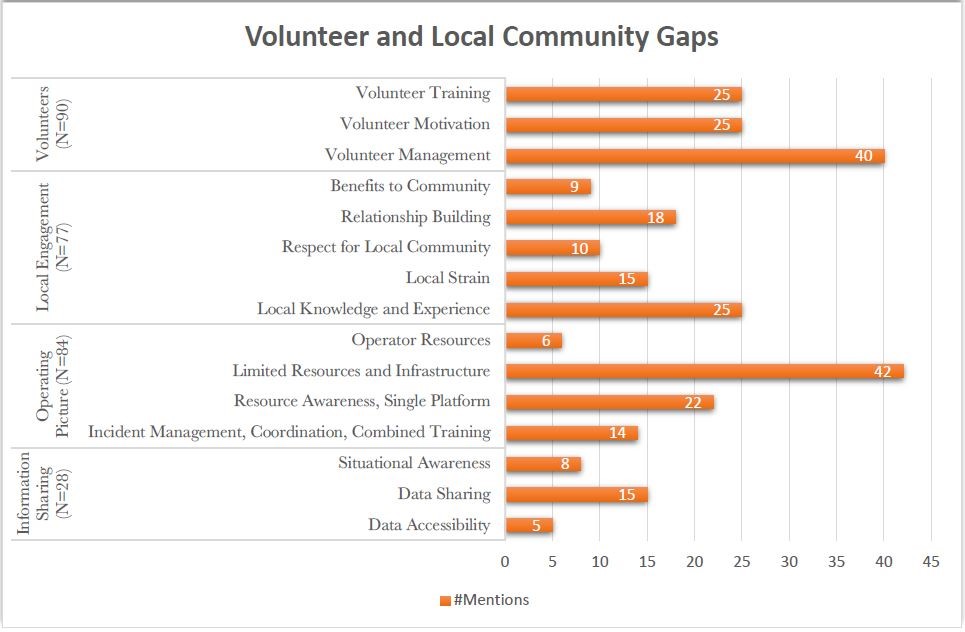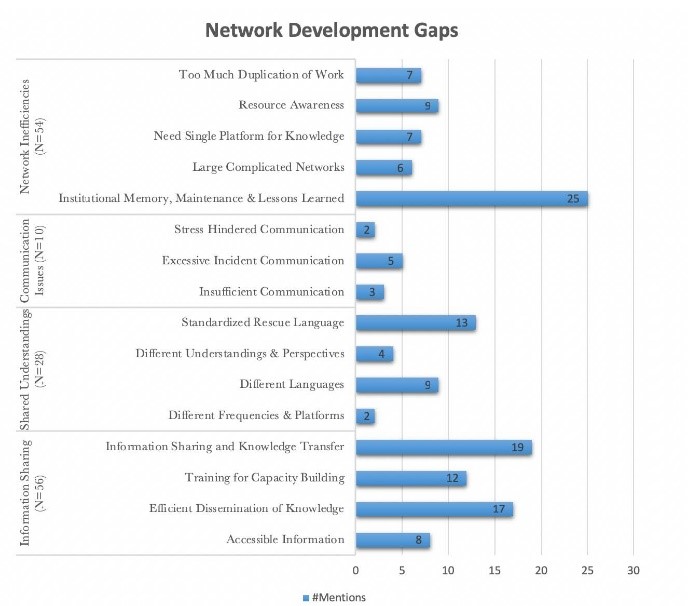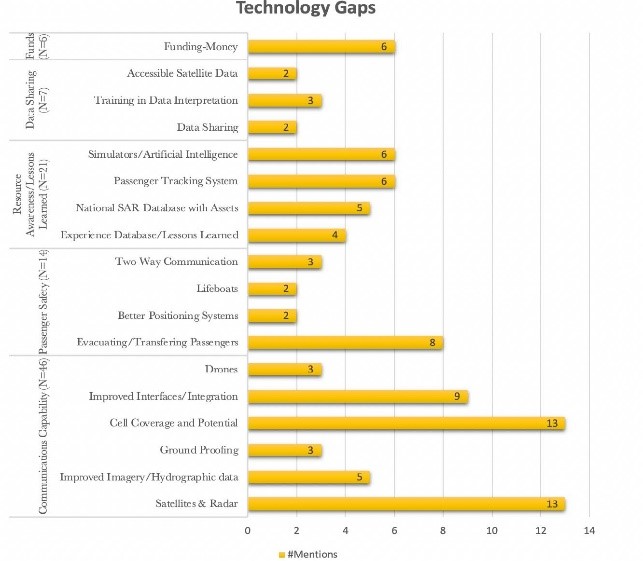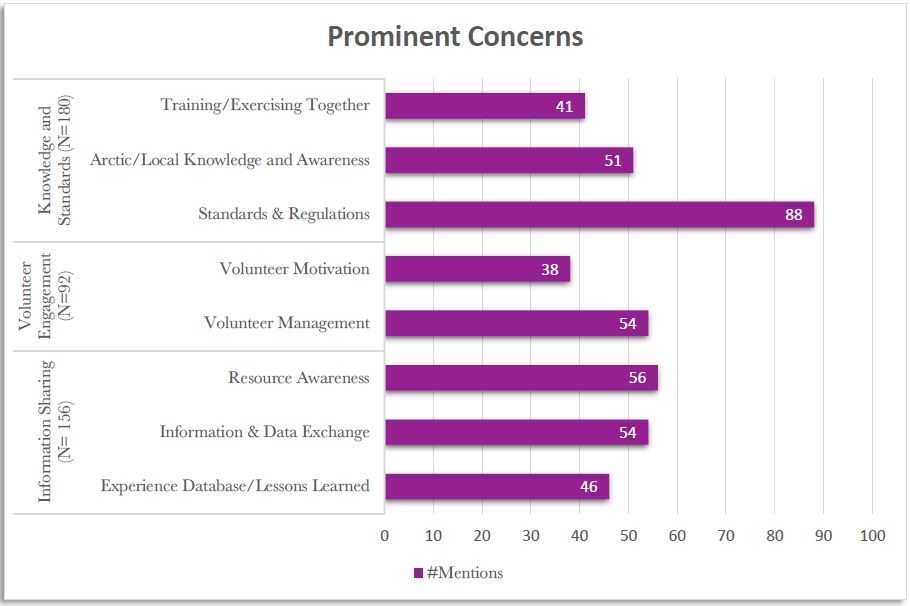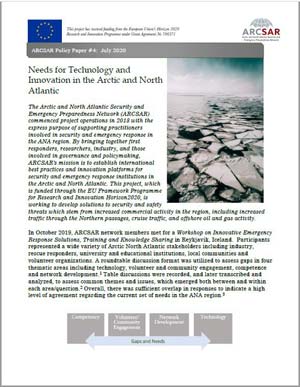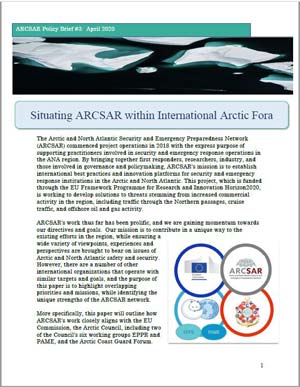ARCSAR Newlsetter 4: Event updates, two new policy papers and upcoming workshops
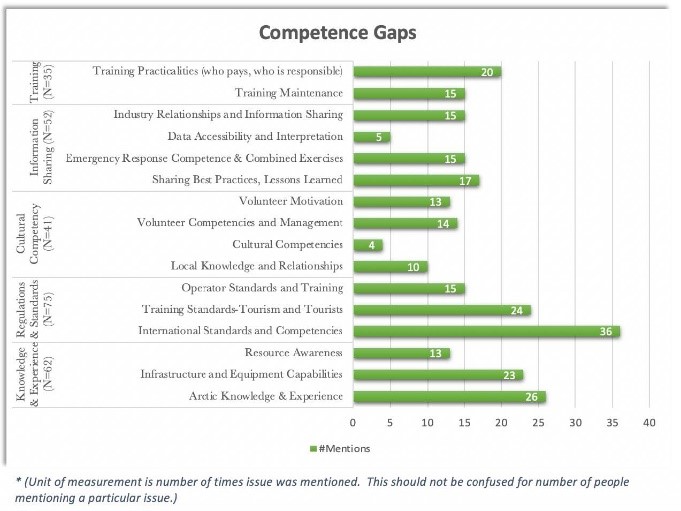
COVID-19 Update
As with many aspects of our lives, the ARCSAR project has been highly impacted by the Covid-19 pandemic. All events requiring physical presence of participants have been postponed to a later date with many switched to an online teleconference format. However, when it comes to preparation work for the events, the pandemic has had less impact, even though some positive aspects of physical meetings were lost.
In this newsletter, we will explore the ARCSAR activities from the last six months and inform on the next planned events.
Virtual Arctic SAR TTX, Postponed for December 2020
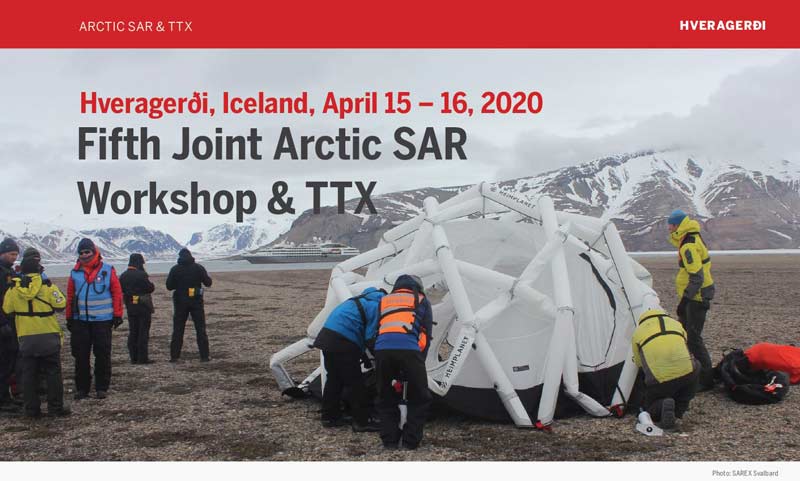
The SAR TTX originally planned for 15-16 of April was postponed despite the official program being distributed and more than 70 participants having signed up for the event. However, the ARCSAR TTX working group (LAUREA, JRCC NN, JRCC I and AECO) is currently working on planning the TTX event as a virtual edition, scheduled to happen in week 49 (first week of December 2020). The agenda is currently under development.
Please follow our website events page (https://arcsar.eu/events ) and our social media for new announcements.
Also more information on the planned TTX is available here: https://www.aeco.no/events/joint-arctic-sar-workshop-and-ttx/
Innovation and Knowledge Exchange Events and policy papers
The first and second innovation and knowledge exchange events were arranged prior to this reporting period and two policy papers were published later during the year, one on April and the other on July 2020.
The first policy paper titled: Situating ARCSAR within International Arctic Fora, outlines the way how ARCSAR’s work aligns closely with the EU Commission, the Arctic Council, including two of the Council’s six working groups EPPR and PAME, and the Arctic Coast Guard Forum.
The second policy paper: Needs for Technology and Innovation in the Arctic and North Atlantic, is a direct report derived from the event: Workshop on Innovative Emergency Response Solutions, Training and Knowledge Sharing, held in Reykjavik, Iceland on October 2019.
Participants of the workshop represented a wide variety of Arctic and North Atlantic stakeholders including industry, rescue responders, university and educational institutions, local communities and volunteer organizations.
A round table discussion format was utilized to assess gaps in four thematic areas including technology, volunteer and community engagement, competence and network development. Common themes and issues, which emerged both between and within each area/question, were later assessed from the following categories:
- Competence gaps,
- Volunteer and Community Gaps,
- Network Development Gaps,
- Technology Gaps,
- Prominent concerns and
- Policy implications.
In short when it comes to the Competence gaps, the results show that the most mentioned gaps were the International Standards and Competencies and the Arctic Knowledge and Experience gaps. These were then followed by Training Standards – Tourism and Tourists.
On the other hand when it comes to Volunteer and Community Gaps, Limited Resources and Infrastructure and the Volunteer Management gaps were among the most mentioned by participants followed by three other equally mentioned gaps: Volunteer Training, Volunteer Motivation and Local Knowledge and Experience.
In the Network Development Gaps, We see that Institutional Memory, Maintenance & Lessons Learned was the most mentioned gap followed by the Information and Knowledge Sharing gap.
The Technology Gaps suggests that two of the biggest gaps come from the Communications capability, namely the Cell Coverage and Potential and Satellite and Radar gaps.
In the Prominent concerns point, the Standards and Regulations gap is one that stands out the most.
Last but not least when it comes to Policy implications, the following recommendations would all greatly impact safety and security, but vary in terms of ease and readiness of implementation:
- Facilitate Greater Knowledge Exchange
- Relationship Building with Local Communities
- Universal Rescue Language
- Implementation Issues
For more details, please read the full policy paper releases from our project website: https://arcsar.eu/publications/newsletters-press-releases-and-policy-briefs/
Third Innovation and Knowlegde Exchange event
Was scheduled to be held on October 2020 in Rovaniemi, Finland, hosted by the ARCSAR partner Lapland University of Applied Sciences.
The event was originally planned to be a combination of a traditional workshop and an exhibition of innovations in the field of Arctic SAR/Personal Protective Equipment (PPE) and other Life Saving Equipment, after requests from both internal and external partners of the network through previous workshops. However, due to the pandemic, this event is also postponed until spring 2021, and will be conducted as a virtual event. More information and agenda will follow later.
Catastrophic incident simulations and live exercises
Preparation for the live exercise is in process but will have to continue to be adjusted significantly from previous plans due to COVID restrictions. The exercise is postponed to 2022.
The planning team has relied on VTCs for meetings and preparation work and although important interactions are lost through online communications vs in person, it‘s proven to be sufficient. The table top exercise planned for December 2020 will also be an important part of the preparation for the live exercise.
